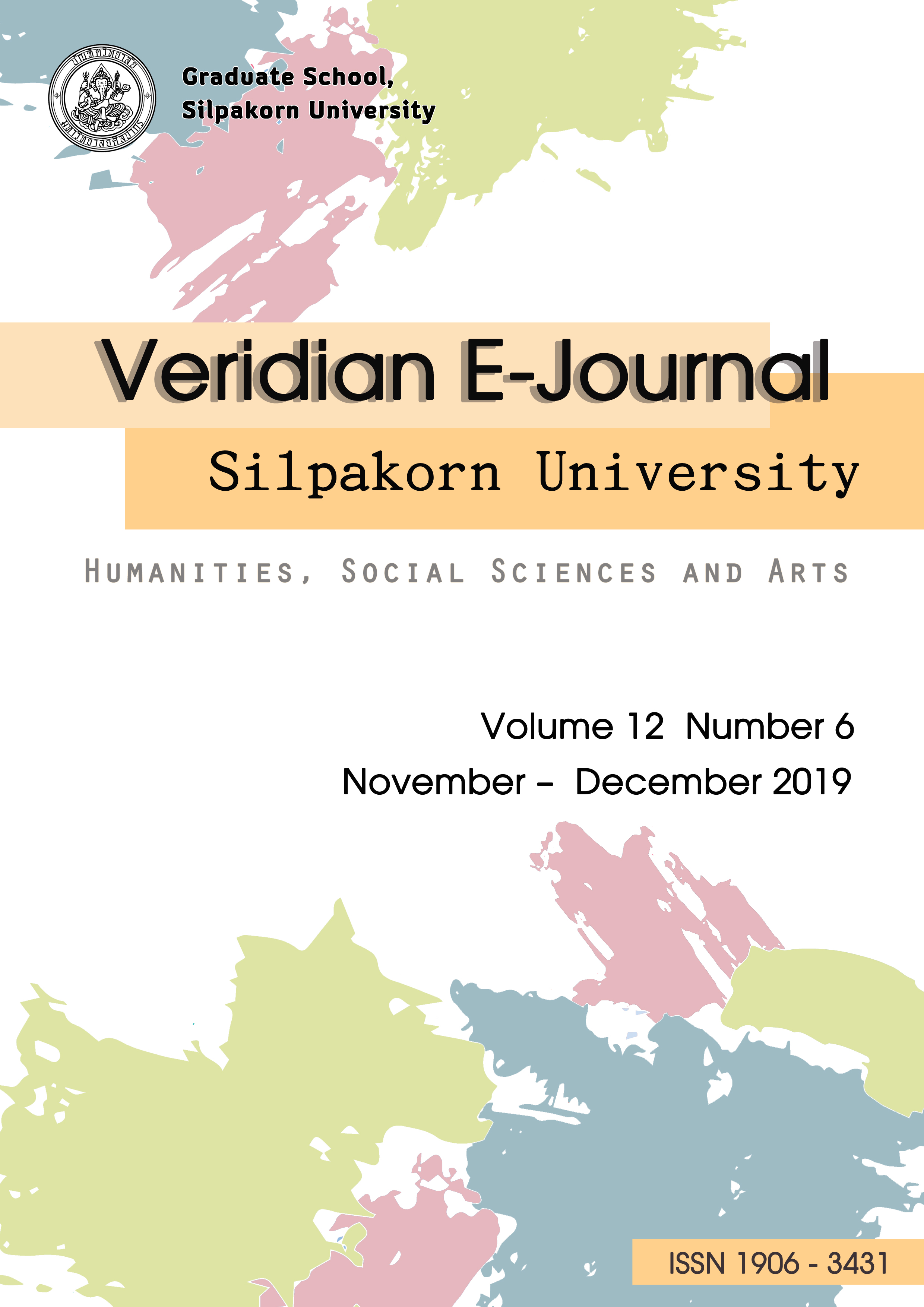แบบจำลองสมการโครงสร้างของอิทธิพลการจัดการทรัพยากรบุคคลต่อ ผลประกอบการของธุรกิจ (A Structural Equation Model of Human Resource Management Influences on Firm Performance)
Main Article Content
บทคัดย่อ
การวิจัยนี้มีวัตถุประสงค์ในการศึกษาความสัมพันธ์เชิงสาเหตุและตรวจสอบความสอดคล้องของแบบจำลองสมการโครงสร้างของอิทธิพลการจัดการทรัพยากรบุคคลต่อผลประกอบการของธุรกิจ ตัวแปรที่ใช้ในการวิจัยประกอบด้วยตัวแปรแฝง 7 ตัว ได้แก่ การจัดการบุคลากรสัมพันธ์ การพัฒนาบุคลากร การจัดการค่าตอบแทนและรางวัล ความจงรักภักดี การแบ่งปันความรู้ ผลการปฏิบัติงานของบุคลากรและผลประกอบการของธุรกิจ การวิจัยมีการเก็บรวบรวมข้อมูลจากบุคลากรทั้งระดับผู้บริหารและบุคลากรทั่วไปจำนวน 220 รายของบริษัทต่างๆ และนำมาวิเคราะห์โดยใช้โปรแกรม LISREL ผลการทดสอบความสอดคล้องของแบบจำลองสมการโครงสร้างกับข้อมูลเชิงประจักษ์ พบว่าเป็นไปตามสมมติฐานและเกณฑ์การยอมรับ ผลการศึกษาพบว่า การแบ่งปันความรู้มีอิทธิพลทางตรงและทางอ้อมรวมสูงสุดต่อผลประกอบการของธุรกิจ รองลงมาได้แก่ผลการปฏิบัติงานของบุคลากร นอกจากนั้น การจัดการบุคลากรสัมพันธ์และการจัดการค่าตอบแทนและรางวัลมีอิทธิพลทางอ้อมต่อผลประกอบการของธุรกิจ ผ่านความจงรักภักดี การแบ่งปันความรู้และผลการปฏิบัติงานของบุคลากร ส่วนการพัฒนาบุคลากรมีอิทธิพลทางอ้อมต่อผลประกอบการของธุรกิจ ผ่านการแบ่งปันความรู้และผลการปฏิบัติงานของบุคลากร
The objective of this research is to study the causal relationship and the structural equation model (SEM) of human resource management influences on firm performance. The seven latent variables are employee relationship management, employee development, employee compensation and reward, employee loyalty, knowledge sharing, employee performance and firm performance. Empirical data were obtained from a sample of 220 manager and non-manager employees of different companies. The analysis performed by using the LISREL software indicates that the proposed model confirms the hypotheses and satisfies the goodness-of-fit criteria. Results also indicate that firm performance is directly and indirectly influenced by knowledge sharing and employee performance. In addition, employee relationship management and employee compensation and reward have indirect influences through employee loyalty, knowledge sharing and employee performance. Meanwhile, employee development has indirect influence on firm performance through knowledge sharing and employee performance.

